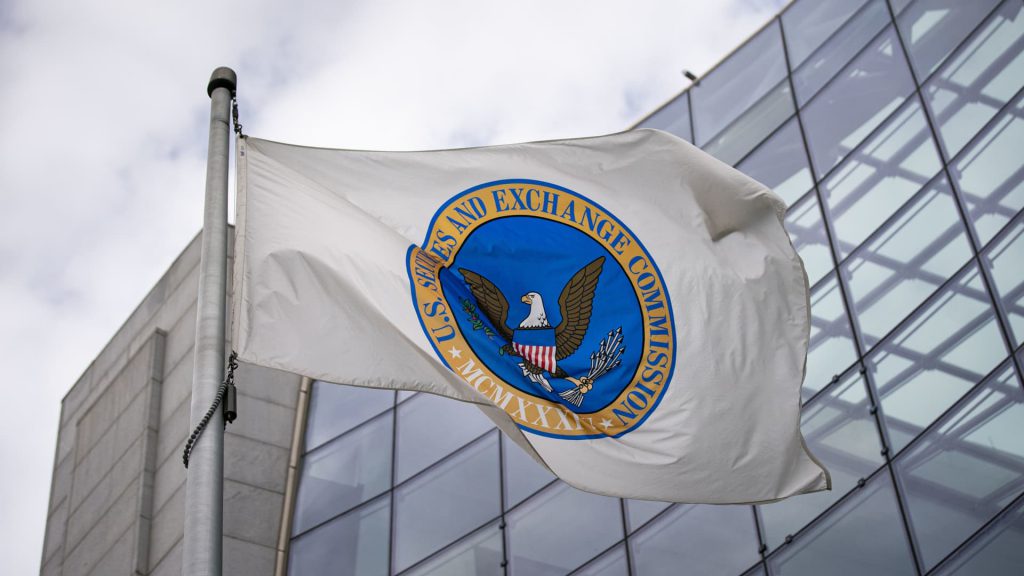SEC Sues Consensys, Calls MetaMask an Unregistered Securities Broker
The US Securities and Exchange Commission (SEC) is suing Consensys according to a recent court filing. The agency has alleged crypto wallet provider MetaMask brokered “securities transactions for retail investors” and engaged in the “offer and sale of securities.”
The complaint accuses Consensys of violating “federal securities laws by failing to register as a broker and failing to register the offer and sale of certain securities,” since 2016. Moreover, the agency claims that the company deprived investors of crucial protections that those laws could afford.”
Also Read: Mastercard Enlists Ripple, ConsenSys For CBDC Initiative
SEC Alleges MetaMask is an Unregistered Securities Broker in New Lawsuit

In a new filing made with the Eastern District of New York, the SEC has sued blockchain software company Consensys. The lawsuit makes several claims regarding the company’s MetaMask wallet and alleges that the firm “collected over $250 million in fees,” through their actions.
The situation is all the more complicated due to a June 18th blog post from Consensys regarding SEC legal action. In the post, the company announced the agency closed its investigation into Ethereum 2.0, while ensuring it would not pursue enforcement action.
The company announced the decision as a “major win” for Ethereum developers. Moreover, they noted that the industry had continually “suffered as a result of the Securities and Exchange Commission’s regulatory overreach and inconsistent positions on Ethereum.”

Also Read: Supreme Court Restricts SEC From Using In-House Judges For Fraud Cases
The letters the SEC sent to Consensys note that other enforcement action could be taken. However, they did not mention MetaMask. Yet, the crypto wallet is the main subject of the complaint filed against the company today.
The lawsuit also references both Lido and Rocket Pool staking services. The agency claims that those services were offered as investment contracts. This would allege that both are unregistered securities in the eyes of the SEC.

 SEC sues Consensys, alleging MetaMask is an unregistered securities broker.
SEC sues Consensys, alleging MetaMask is an unregistered securities broker.